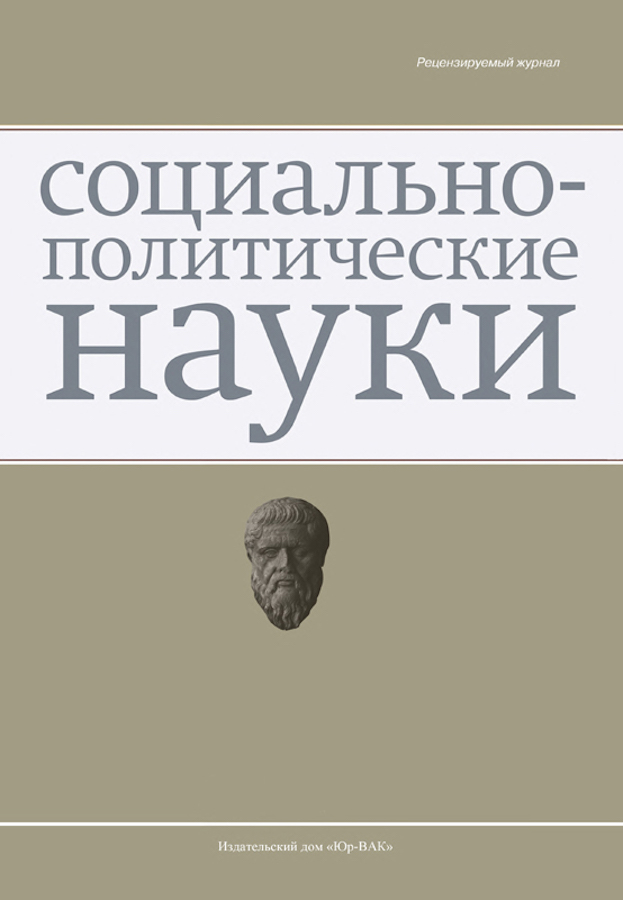The perspectives of military integration of the European Union
- Autores: Guseinov K.K.
- Edição: Volume 13, Nº 2 (2023)
- Páginas: 131-136
- Seção: International Relations, Global and Regional Studies
- URL: https://journals.eco-vector.com/2223-0092/article/view/516506
- DOI: https://doi.org/10.33693/2223-0092-2023-13-2-131-136
- ID: 516506
Citar
Texto integral
Resumo
The purpose of the research. The article considers the perspectives of the military integration of the European Union countries in the spheres of security and defense. The author defines the purposes and prerequisites of the integration in these spheres. The strategic documents of the EU such as the Security Strategy of 2003, the Global Strategy of 2016 and the Strategic Compass of 2022 are examined in this article. The article reveals the main features of the EU strategic autonomy and examines the parameters of the EU strategic culture in the field of security and defense. The author assesses the initiatives of the European Union in the field of further strengthening of the security and autonomy. The transformation of the Common Security and Defense Policy (CSDP) has been studied by the author. The Permanent Structured Cooperation (PESCO) project was considered in detail as well as the contribution of the EU countries to this project. Conclusions. As a result of the study, the author concludes that European integration is in the process of qualitative changes that affect the formation of the system of collective security and defense. The EU is increasingly acting as a strength pole, and there is a strategic shift from traditional “soft power” to “hard power”. Under the pressure of external factors and due to the efforts of the major powers of the region, it is possible to achieve the goal of strategic autonomy in the field of security and defense. The EU is becoming a serious actor not only of the regional but also the global security.
Palavras-chave
Texto integral
Sobre autores
Kamran Guseinov
Autor responsável pela correspondência
Email: kamran.gusseinov@gmail.com
ORCID ID: 0000-0001-7344-3433
Código SPIN: 2930-3481
independent researcher; senior lecturer at the Department of Theory and History of International Relations of the Ural Federal University named after the first President of Russia B.N. Yeltsin. Yekaterinburg, Russian Federation.
RússiaBibliografia
- Bugrov R.V. “New” regionalism as the strategy of European Union in times of crisis. Contemporary Europe. 2021. No. 6. Pp. 42–51. (In Rus.)
- Danilov D.A. EU Strategic compass: A balance of ambition and opportunity. European Union: Facts and comments. 2020. No. 1. Pp. 62–67. (In Rus.)
- Kerimov A.A. The role of the education system in the formation of the legal culture of youth: European experience. Bulletin of Ural Federal University. Series 1: The Problems of Education, Science and Culture. 2022. No. 6. Pp. 227–235. (In Rus.)
- Mikhailenko V.I. European (EU) critical analytics in search of answers to new challenges. Bulletin of Kemerovo State University. 2022. No. 3 (91). Pp. 326–332. (In Rus.)
- Parkhalina T.G. EU Strategic compass and the future of transatlantic relations. European Security: Events, Evaluations, Predictions. 2020. No. 59. Pp. 2–6. (In Rus.)
- Rodovich Yu.V. FRG and plans of European army: History and contemporality. Bulletin of Belgorod State University. Series: History. Politology. 2019. No. 2. Pp. 271–278. (In Rus.)
- Biscop S. European defense: Give PESCO a chance. Survival. Global Politics and Strategy. 2018. Vol. 60. Pp. 161–180.
- Lippert B., Ondarza N., Pethes V. European strategic autonomy. Actors, issues, conflicts of interests // German Institute of International and Security Affairs. URL: https://www.swpberlin.org/publications/products/research_papers/2019RP04_lpt_orz_prt_web.pdf (data of accesses: 01.03.2023).
Arquivos suplementares










